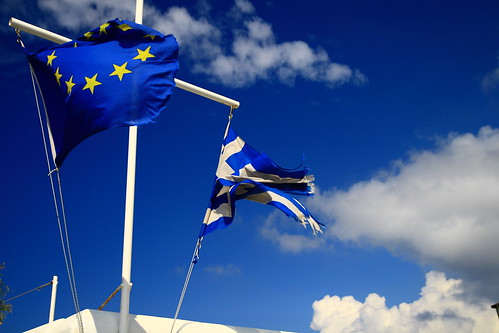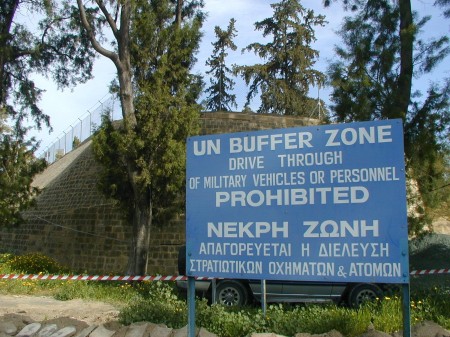
MADRID – Economics, particularly economic theories, always yield in the end to political imperatives. That is why Europe’s fast-changing political landscape, reshaped by electoral insurrections in France and Greece against German-backed fiscal austerity, is bound to affect Europe’s economic policies as well.
Such an imperative has been at work throughout Europe’s postwar history. Indeed, Europe’s shift from the modest customs union of the European Economic Community to the single market and common currency of today’s European Monetary Union was itself a fundamentally political move, one with strategic implications, of course. France wanted to tame German power by harnessing it to the European project, and Germany was prepared to sacrifice the Deutsche Mark for the sake of France’s acceptance of a united Germany, the nightmare of Europe’s recent past.
An economically robust Germany is, without doubt, vital to the European project, if only because history has shown how dangerous an unhappy Germany can be. Indeed, it was thanks to the euro – and the captive European market that goes with it – that Germany today is the world’s second-leading exporter (China surpassed it in 2009).



